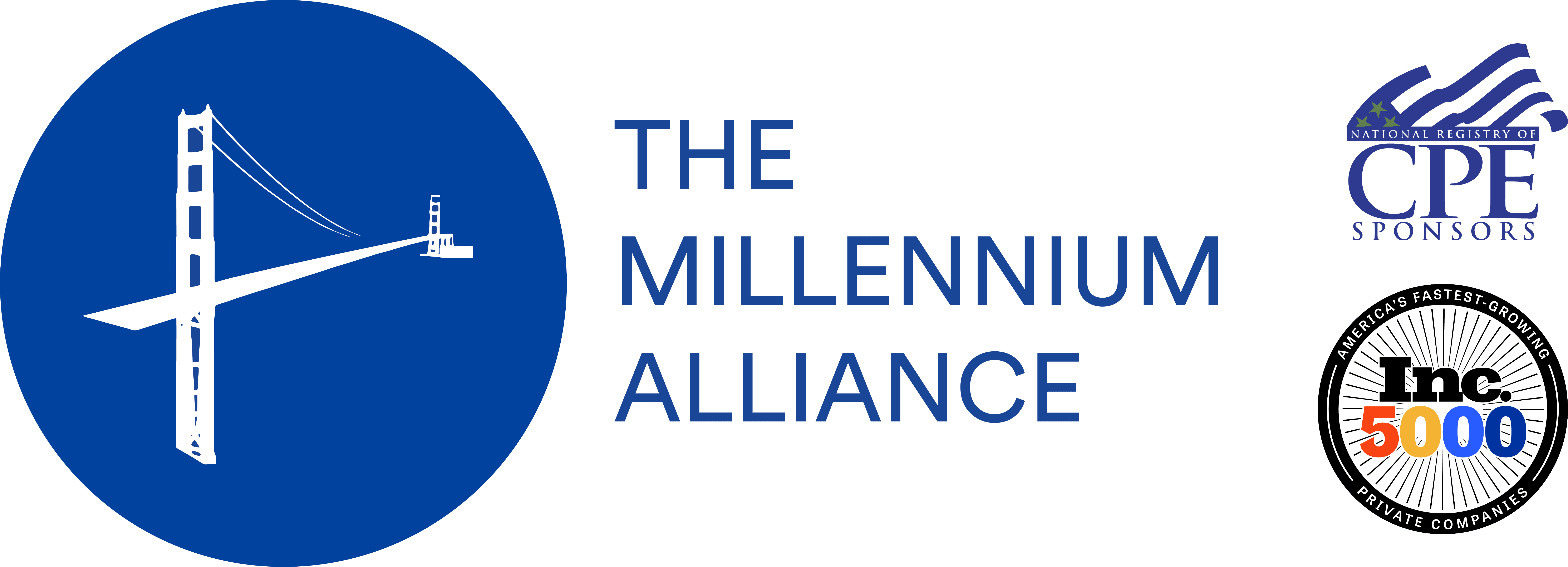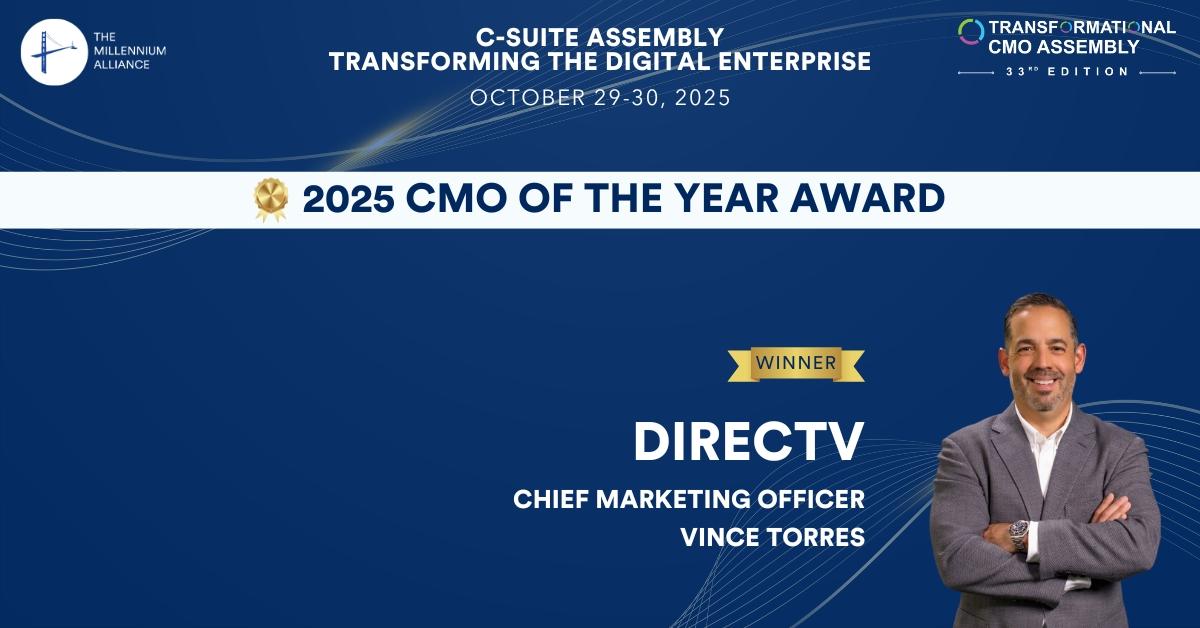As originally published by David Sable on Linkedin. Subscribe to the newsletter!
Your success as a leader is not only defined by your current actions but is engraved in your legacy. And to me, legacy means the viability and longevity of what you’ve left behind, the ability of the next generation to take the company to new places, to build on what you created and make it even greater—all of which begins with Succession Planning. Your lasting value will be measured not only by what you’ve done today, but by your succession.
Succession planning, in any public company, is a board sized and agonized on issue. But in my view, succession planning, in any business or enterprise no matter the size, is critical. In fact, I’d argue, that the basic premise of succession planning is critical for all relationships—families included (a discussion for another time).
Succession Planning pretty much aims to address the issue of, “what happens if you, our leader, gets hit by a bus?” Not sure that’s necessarily how the issue is framed in Harvard MBA classes, but it does get to the point quickly. Too often the principals involved don’t address or want to address that thorny question, and when the need arises, when the bus hits so to say, many institutions are caught flat footed having to scramble with interim leadership and the chaos that inevitably ensues from such unpreparedness.
I have seen many boards struggle with the issue, reluctant to confront CEOs, and I have seen senior managers ignore requests for such planning, even though their companies were nowhere near prepared to contend with a sudden leadership change.
Worse yet, I have seen instances where succession planning becomes a way for individual executives to ward off internal competition, identifying multiple potential contenders and playing them off each other to keep them focused on each other and not on the current leadership.
The truth is that all of us are replaceable. Some more readily than others, true, but in the end, the engines keep rolling, the work keeps flowing, and hopefully, the enterprise keeps growing. If it doesn’t, my thesis is not that you were the only one who could make it work, but rather, you didn’t do your job, part of which is building a company capable of moving forward and meeting new challenges without you.
Harsh? Not at all! The business graveyards and trash heaps are full of such companies and enterprises. That is, failed or jury out companies that were linked to one person who controlled it in ways that allowed no one else in (see: WeWork), just as the list of successful, ongoing businesses is equally full of the opposite (see: VMLY&R).
For those of you who do not know, VMLY&R is the company I turned over to my successor, John Cook, and I am extremely proud of its continued growth, new ground broken and incredible achievements since I left. I celebrate VMLY&R’s success everyday as both its former CEO and as a shareholder of WPP in general.
So, what are the key lessons in planning for the future of your company as relates to leadership?
- Succession Planning should begin with your first job, even if it’s entry level. Get used to thinking about how you move on by thinking about who takes your place. A rising tide lifts all ships, and if you leave your job, move on and up, and the next person tanks because you haven’t paved the way for them to succeed, you are a failure—not a hero who triumphed while others could not.
- Think about the skills you lack, the expertise you don’t have, or sensibilities that you haven’t developed that may be useful in the future. Choose your successor with those in mind and make sure they have at least one of them already, while helping to train them/get them ready for the rest.
- Include your identified successor in your future thinking. Get their view and buy in. Secure the foundation of your vision for the future by allowing room for theirs.
- Actively think about how you keep your successor or replacement engaged and motivated. Salary and bonus help. So does inclusion.
- If they turn out not to be right, and you feel you chose wrong, part ways quickly and identify a new person. Don’t let them linger.
- Never appoint two people to replace you with shared accountability. You aren’t so important/irreplaceable that it will take two people to do the job you did as one. It’s confusing and can create a power struggle.
- Own your choice and make sure others do, too. No damning with faint praise. Stand behind them and make sure the rest of the team does as well.
- Make it a thoughtful, gradual, and well-communicated plan to achieve a no-drama transition.
- Remember that if your company can’t be great without you, it’s not a great company at all.
When you do finally pull the trigger and put the wheels in motion to leave, get out of the way. It is the hardest part of the process, and it’s where so many fail. But if you’ve done your job right, your replacement will take the company to new places, just as you once did. No one needs two of anything, and no one needs anyone looking over their shoulder or second guessing their plans. Remain a cheerleader—but from the sidelines, not the center field.
My final thought on the matter is an admonition to both planner and successor: if you have both done your jobs well and are aligned on the future, maintain respect for each other and watch the company thrive.
To that end, I share the following thought from Nicholas Copernicus…listen:
“Every light has its shadow, and every shadow hath a succeeding morning.”
Your light is powerful, as will be theirs. Remember that.














